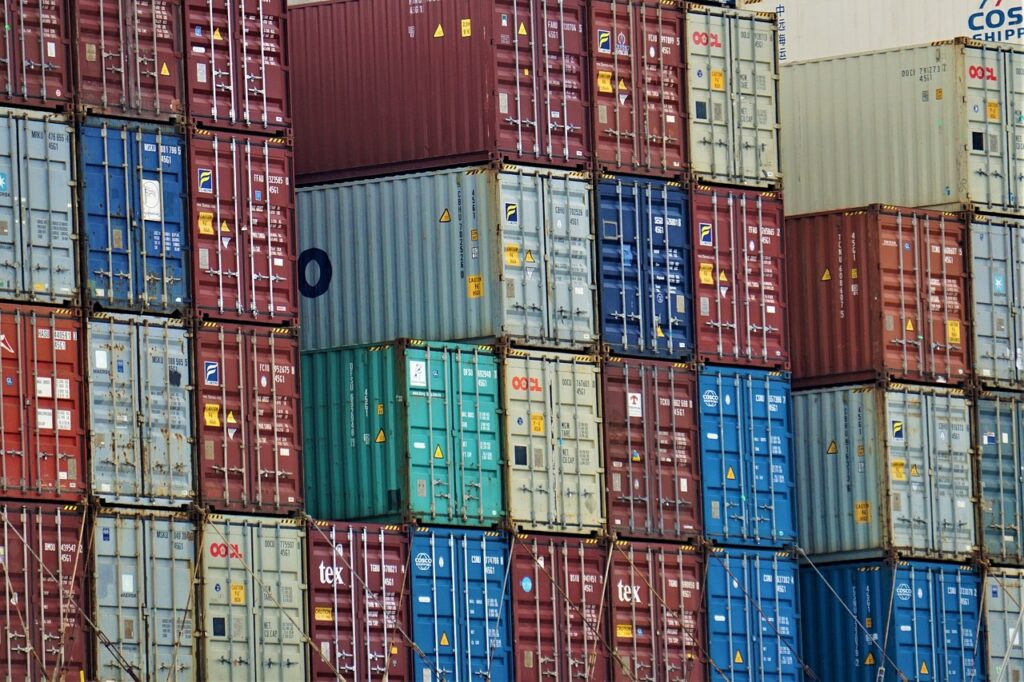Just before Christmas, online shopping is becoming a popular alternative to traditional shopping, which can often be time-consuming. However, when ordering from abroad, consumers should pay attention to customs regulations. Whether it’s import VAT, customs fees, or import bans – especially for shipments from non-EU countries and the EU, important rules apply. Here are the most important customs tips for stress-free and smooth Christmas shopping.
Online Shopping at Christmas: These Customs Tips You Should Keep in Mind
Just before Christmas, online shopping is a convenient alternative to traditional shopping, which can often take up much time. However, there are a few things to keep in mind when ordering online, particularly for shipments from non-EU countries. Heike Wilsdorf from the Dresden Main Customs Office explains: “If the package comes from a third country, customs is involved, and import charges may apply.”
Important Information When Online Shopping from Third Countries
When ordering goods from non-EU countries, the following rules apply:
Goods valued up to 150 euros:
Only the import VAT applies here, which is usually 19%. Additionally, consumption taxes may also be charged if applicable.
Goods valued over 150 euros:
In addition to import VAT, customs duties and consumption taxes may apply.
Exception for private gift shipments:
Shipments valued up to 45 euros are exempt from customs and import VAT. However, there are quantity limits for consumption-taxable goods such as alcohol and tobacco.
Import Bans and Product Safety: Important Information
Heike Wilsdorf warns: “Strict regulations also apply to postal and courier shipments.” These include import bans and restrictions related to product safety and counterfeit goods, which must always be observed. Dangerous or non-safety-tested products such as toys, technical devices, or electronic items are often sent through the mail. These products may not comply with the relevant safety standards and therefore pose risks to consumers. Customs has the right to seize and destroy such shipments to prevent potential dangers. Monetary compensation for destroyed goods is generally not provided, which is why consumers should pay attention to these rules.
Additional Rules for EU-Wide Shipments
Even shipments from other EU member states are subject to certain regulations:
– Consumers ordering consumption-taxable goods like alcohol or tobacco may have to pay taxes, depending on the situation.
– These goods must bear a valid German tax stamp.
– Furthermore, ingredient information, packaging, and labeling (e.g., warning notices and instruction leaflets) must be provided in German.
– Importing certain products like Snus (oral tobacco) is strictly prohibited.
For more details on regulations and current rules, visit the official customs website at www.zoll.de.
